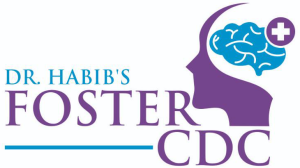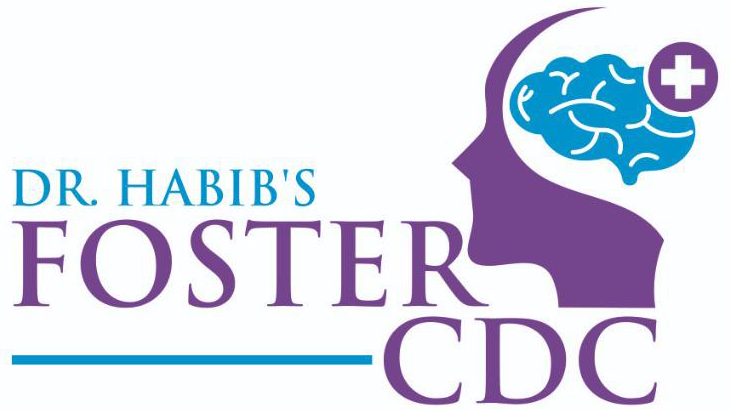Neurological disorders symptoms in children
Neurological disorders in children can be a cause for concern for parents and caregivers. They often manifest in a variety of ways. These conditions can affect a child’s brain, spinal cord, and nerves, leading to a wide range of symptoms. Early recognition of these symptoms is crucial for timely diagnosis and intervention. Here are 10 major symptoms of neurological disorders in children:
- Seizures: Seizures are one of the most common neurological symptoms in children. They can manifest as sudden, uncontrolled movements, loss of consciousness, or altered awareness. Epilepsy is a well-known neurological disorder characterized by recurrent seizures.
- Delayed Milestones: Children with neurological disorders may exhibit delays in reaching developmental milestones such as crawling, walking, talking, or potty training. These delays can be indicative of an underlying neurological issue.
- Muscle Weakness: Weakness in the muscles can be a sign of various neurological conditions, including muscular dystrophy and cerebral palsy. Children may have difficulty with activities like holding objects or walking.
- Difficulty with Coordination: Poor coordination or clumsiness in movement can be another symptom. Children may struggle with tasks that require fine motor skills, like writing or buttoning a shirt.
- Speech and Language Problems: Neurological disorders can affect a child’s ability to communicate. This may include speech delays, difficulty forming words, or problems with understanding language.
- Sensory Issues: Some children with neurological disorders may have heightened or diminished sensitivity to sensory stimuli. This can manifest as extreme sensitivity to light, sound, touch, or taste.
- Behavioral Changes: Behavioral changes such as increased irritability, mood swings, or aggression can occur in children with neurological disorders. These changes may be related to the underlying brain dysfunction.
- Regression: Children who were developing normally may suddenly experience regression in their skills or abilities. For instance, a child may lose previously acquired language or social skills.
- Balance and Gait Problems: Neurological disorders can impact a child’s ability to maintain balance and walk steadily. Frequent falls or an unsteady gait can be signs of such issues.
- Headaches: Persistent headaches, especially in older children, can be a symptom of neurological problems such as migraines or intracranial pressure abnormalities.
Neurological disorders symptoms in children – Bottom Line
It’s important to note that these symptoms can vary widely depending on the specific neurological disorder a child may have. Some disorders are genetic, while others may result from infections, injuries, or environmental factors. If parents or caregivers observe any of these symptoms in a child, it’s crucial to seek medical evaluation and consultation with a pediatric neurologist. Early diagnosis and intervention can significantly improve the outcomes and quality of life for children with neurological disorders, allowing them to receive the care and support they need to thrive.



